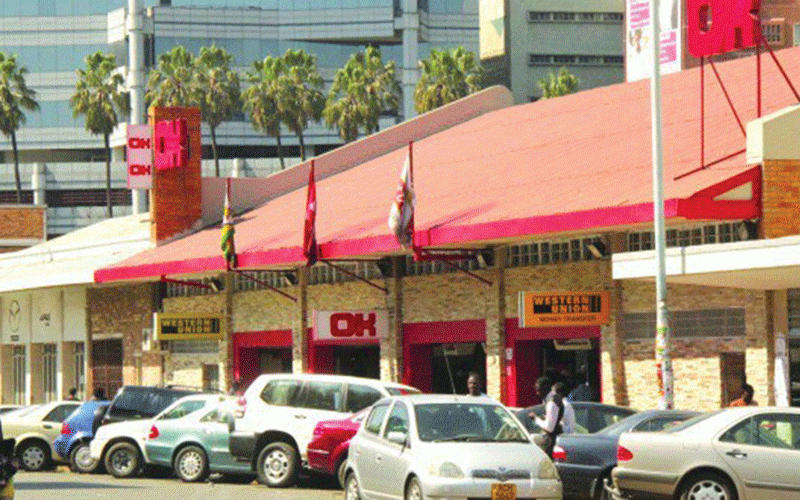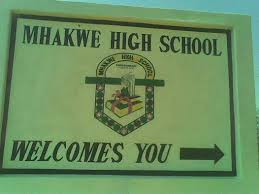
BUY ZIMBABWE has raised concerns over the headwinds facing the retail sector saying this is hindering efforts to promote locally-produced goods.
Over the past few weeks, major retailers and wholesalers have been struggling to operate due to an influx of smuggled goods, increased informal trade, exchange rate volatility, high cost of doing business and high taxes.
Consequently, top retailers such as Choppies Zimbabwe and OK Zimbabwe have started showing signs of operational challenges, amid fears this could threaten thousands of jobs.
Buy Zimbabwe chairperson Munyaradzi Hwengwere said the challenges facing the retail sector must be tackled head-on.
“The large-scale retailers and wholesalers such as OK Zimbabwe, TM Pick n Pay and N Richards are pillars in driving the buy local campaign. In general, they stock above 60% of locally-produced goods,” he said.
“As such, when they cough, the Buy Zimbabwe campaign catches a cold. No one loves a cold. The sooner we heal from the current problem, the better.”
He said an increase in informalisation, exchange rate disparities and smuggled goods had been the major challenges affecting the sector.
“Of course, to resolve a problem, it demands that we understand it. In our view, it is a combination of factors such as increased informalisation whose effect is not only to reduce market share but sadly negatively impact disposable incomes and promote rampant smuggling,” Hwengwere said.
- Tough times for Zimbabwe’s underpaid workers
- A dispassionate look into StanChart’s Zimbabwe exit
- Govt committed to support local manufacturing industry
- Tough times for Zimbabwe’s underpaid workers
Keep Reading
“While there is some relative stability in the ZiG, the market still demands a premium. The gap between official and so-called parallel market still exists. This is a cost that has become “an atomic” driver in costs and competitiveness. The losers are both the retailer and the consumer.”
He said the country needed to focus on industrialisation, promote uptake of Zimbabwean products and improved trade.
“Above all else, we must develop the local industry,” Hwengwere said.
Economist Vince Musewe said the high cost of doing business and currency uncertainties n eeded to be urgently addressed.
“Businesses are closing down due to high operating costs, currency uncertainties and competition from informalisation and policy issues, which impact them negatively. Those are the issues that need attention,” he said.
UK-based economist Chenayimoyo Mutambasere said the challenges facing Zimbabwe’s retail sector come from a combination of poor policy implementation, political instability and a weak domestic market.
“Inconsistent fiscal and monetary policies, such as frequent changes in exchange rate regulations, have created an unpredictable business environment that undermines investor confidence. Political instability further compounds these issues, increasing uncertainty and discouraging both local and foreign investment,” she said.
Mutambasere said government must prioritise consistent and transparent economic policies while ensuring political stability to create an environment conducive to investment.
“Ultimately, restoring confidence in the economy requires a co-ordinated approach that addresses structural issues and promotes inclusive growth,” Mutambasere said.











